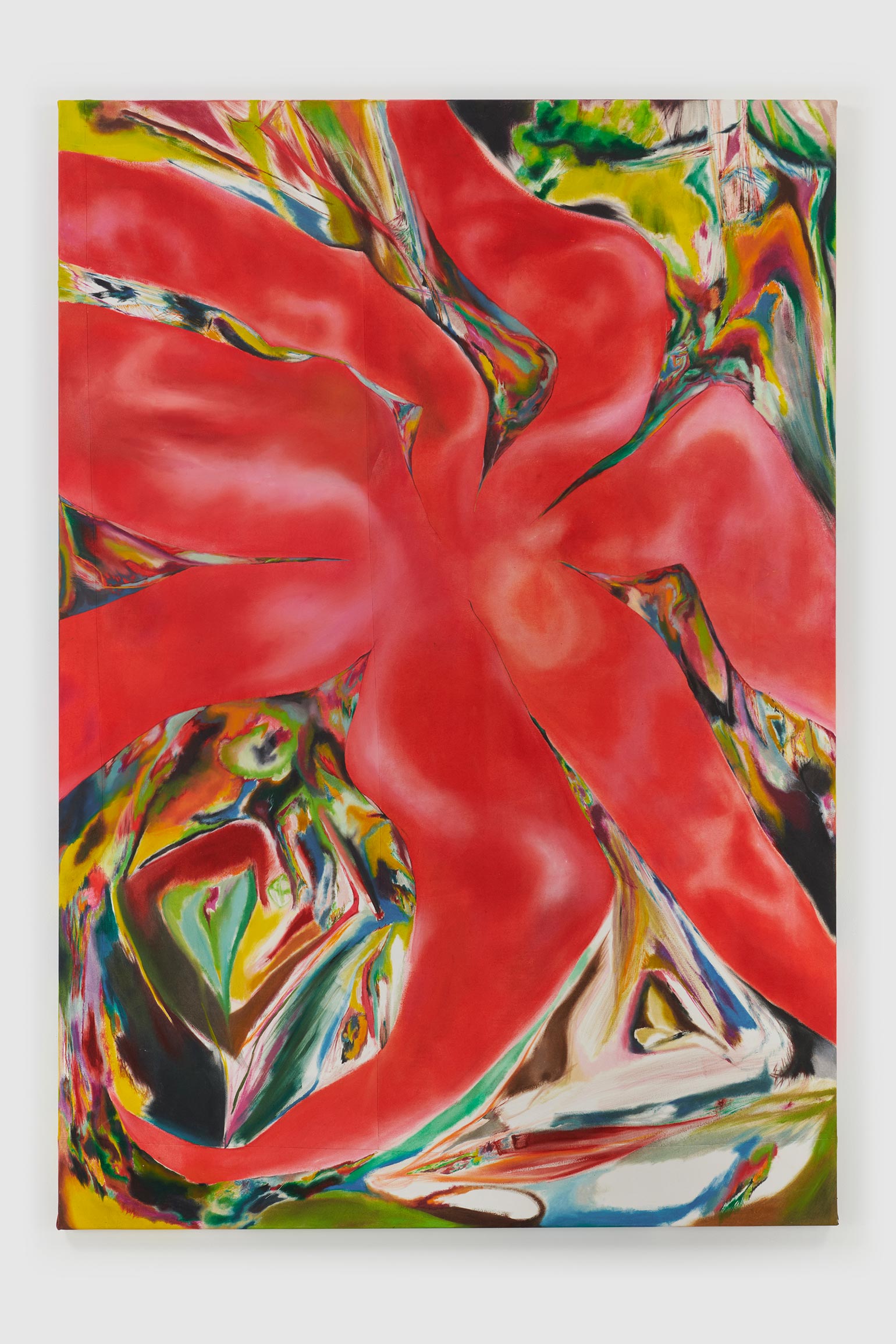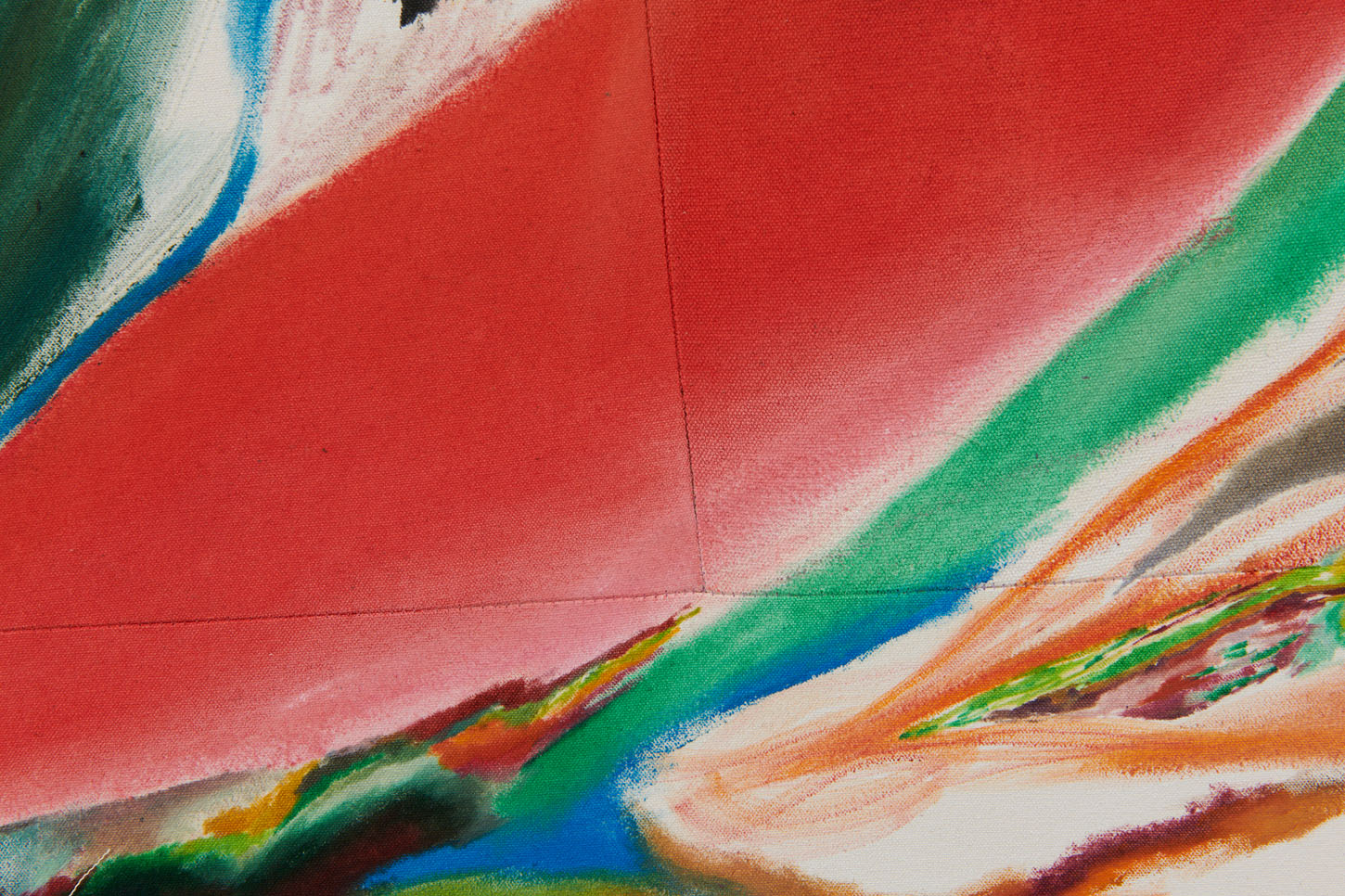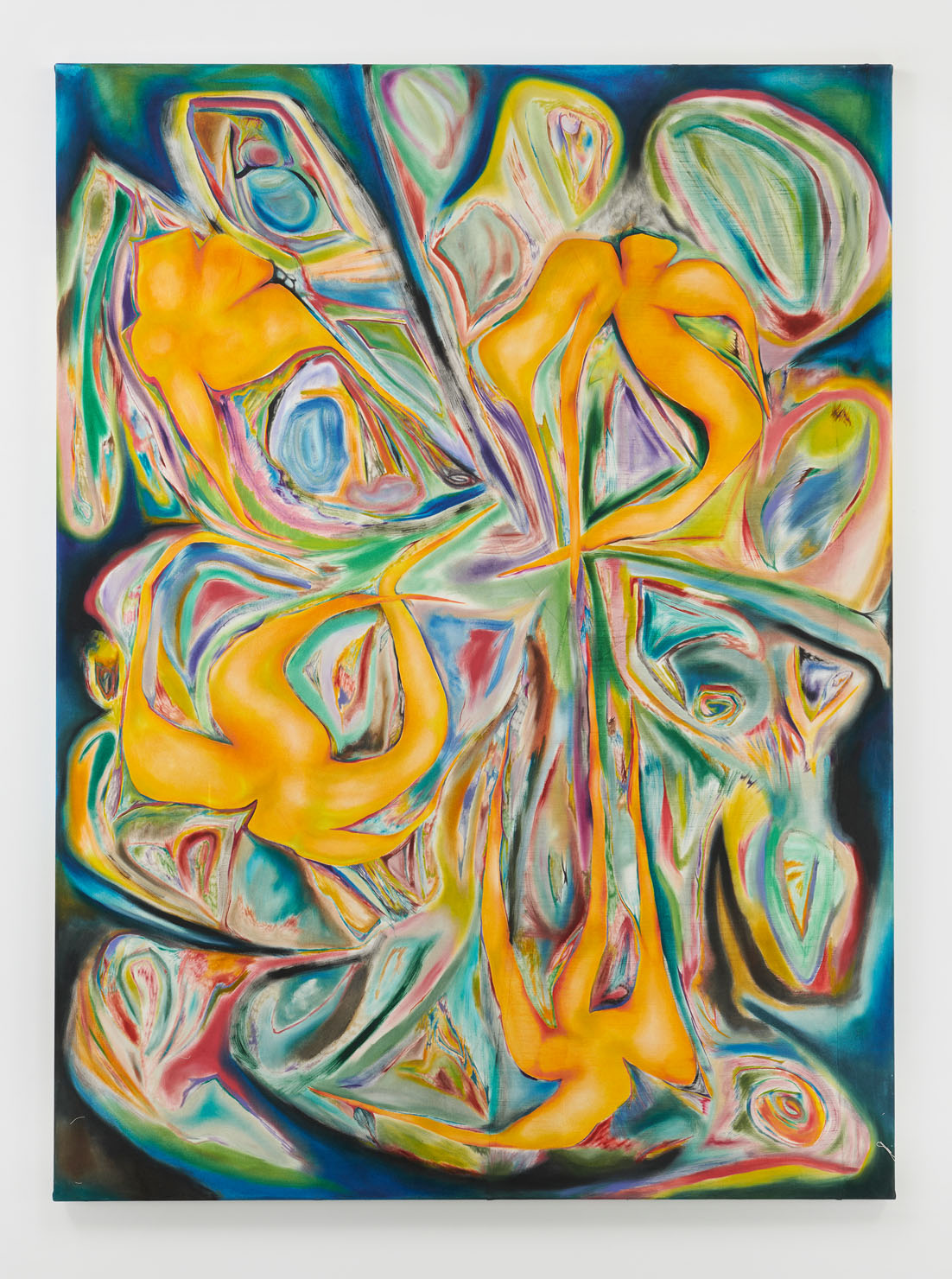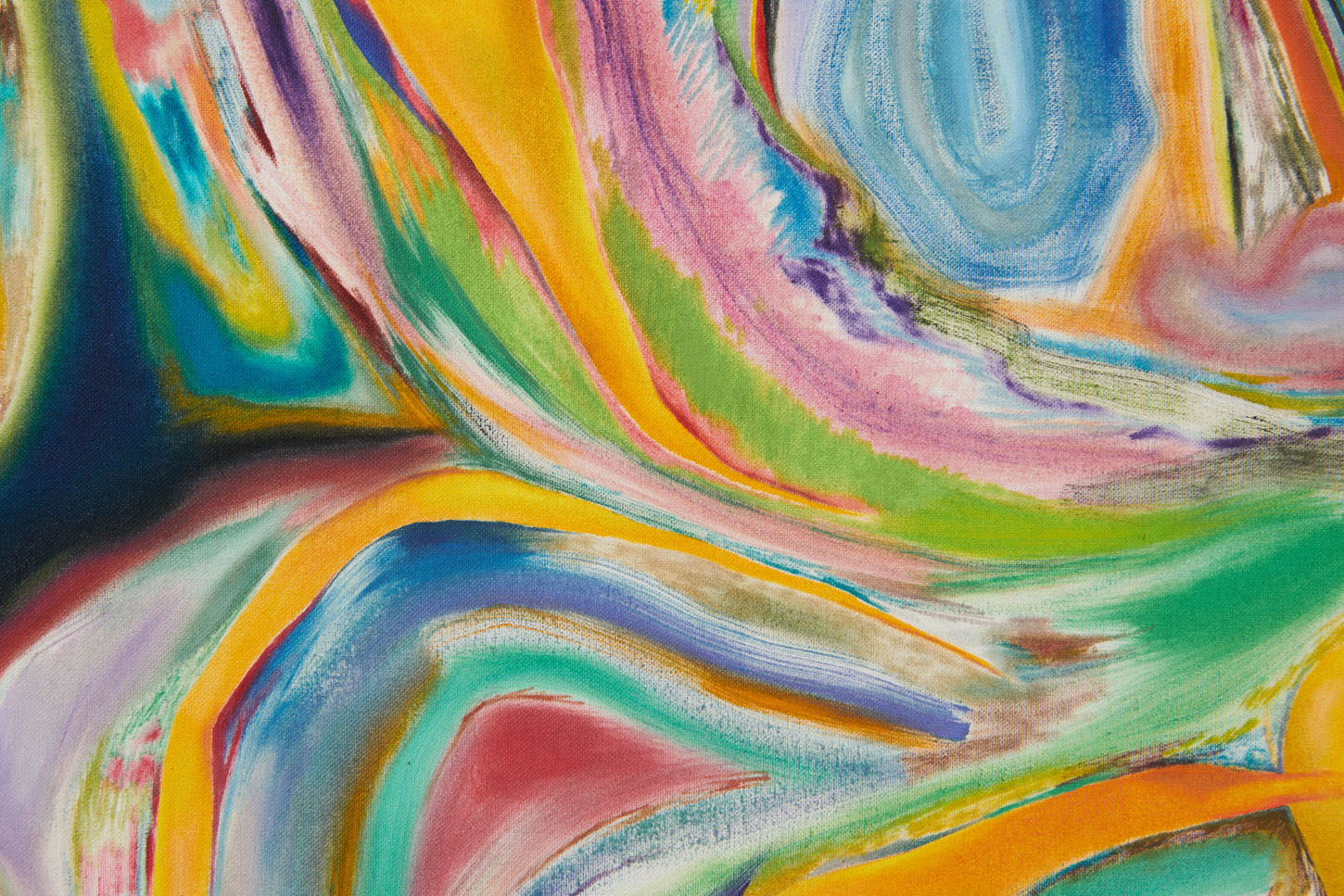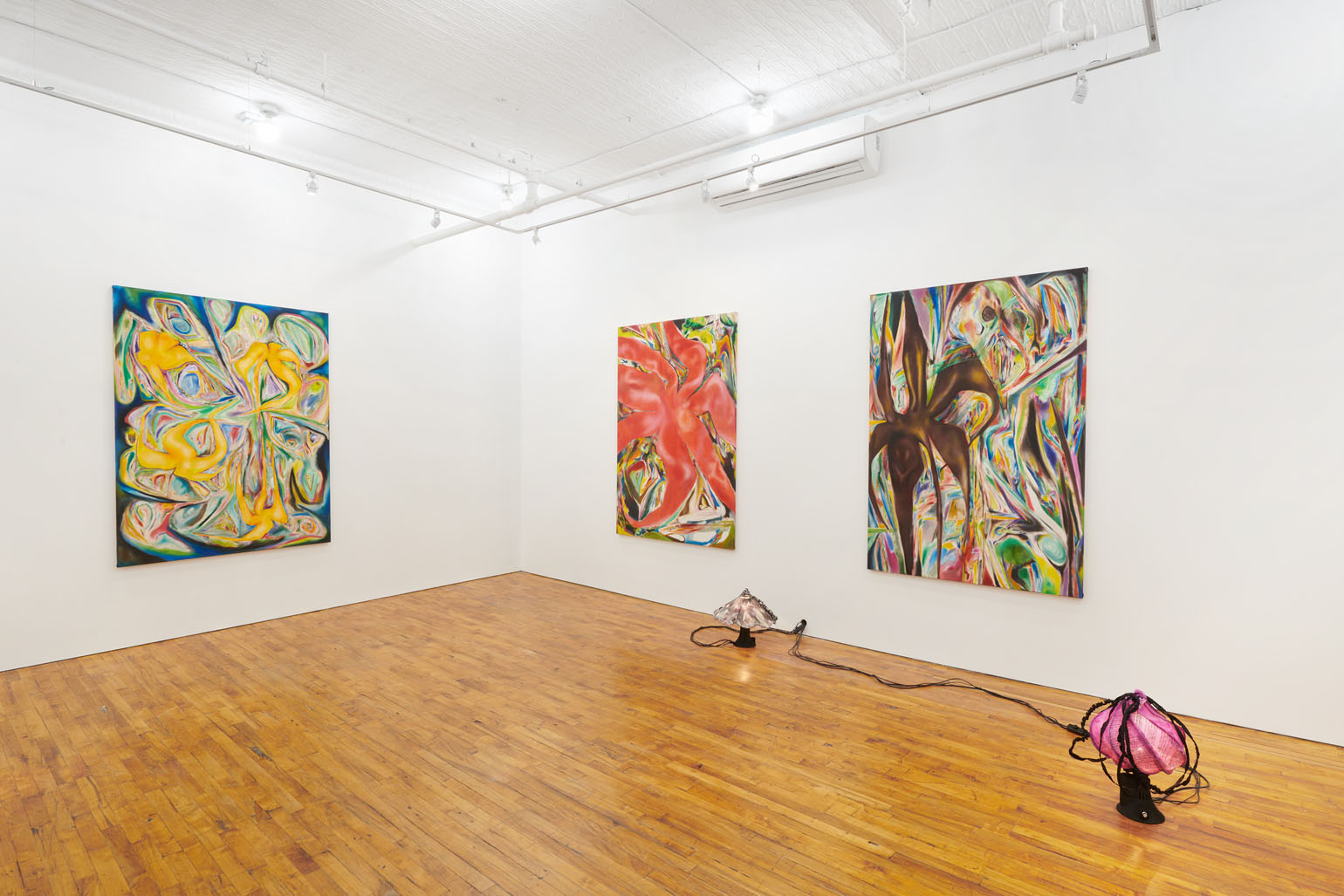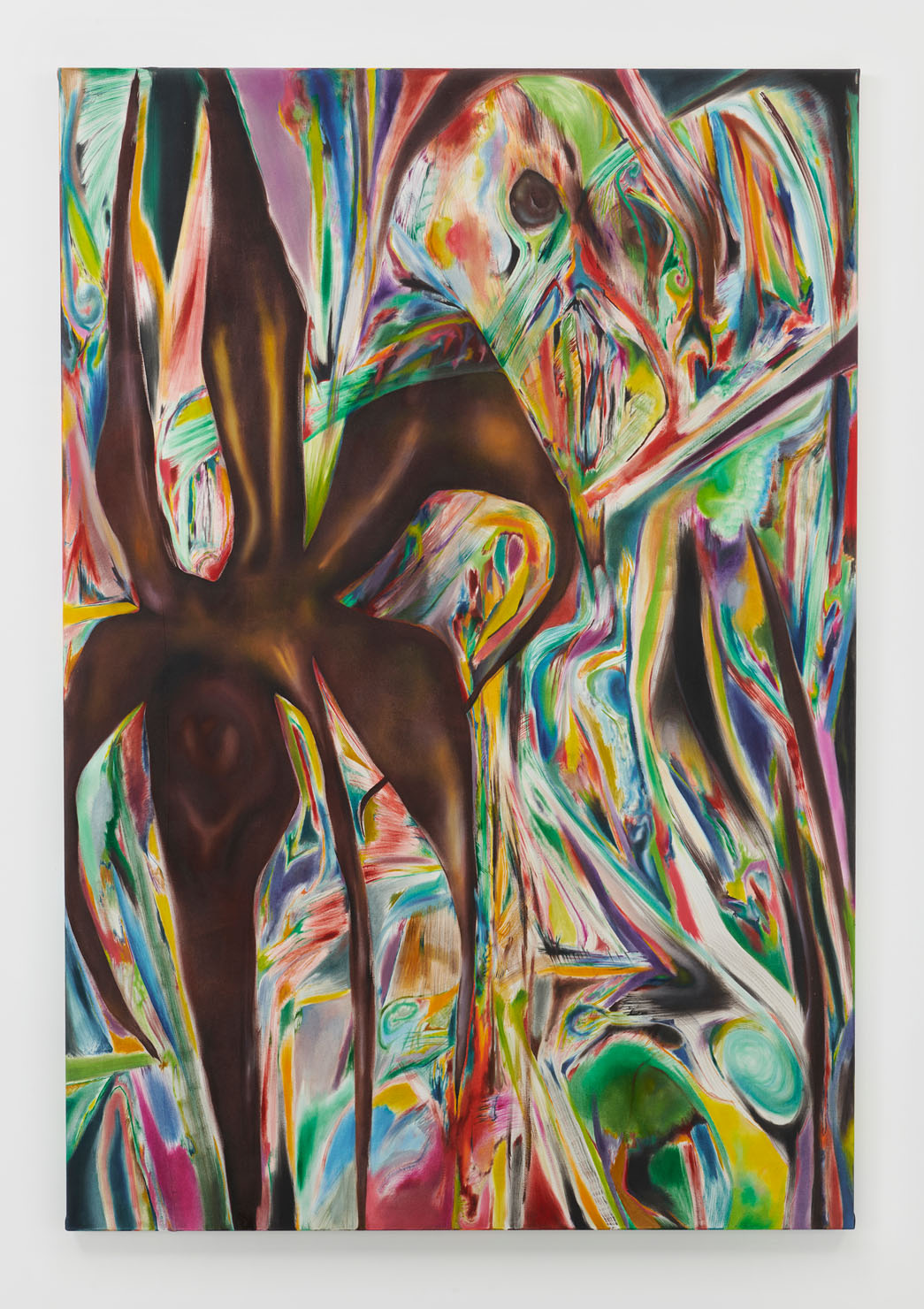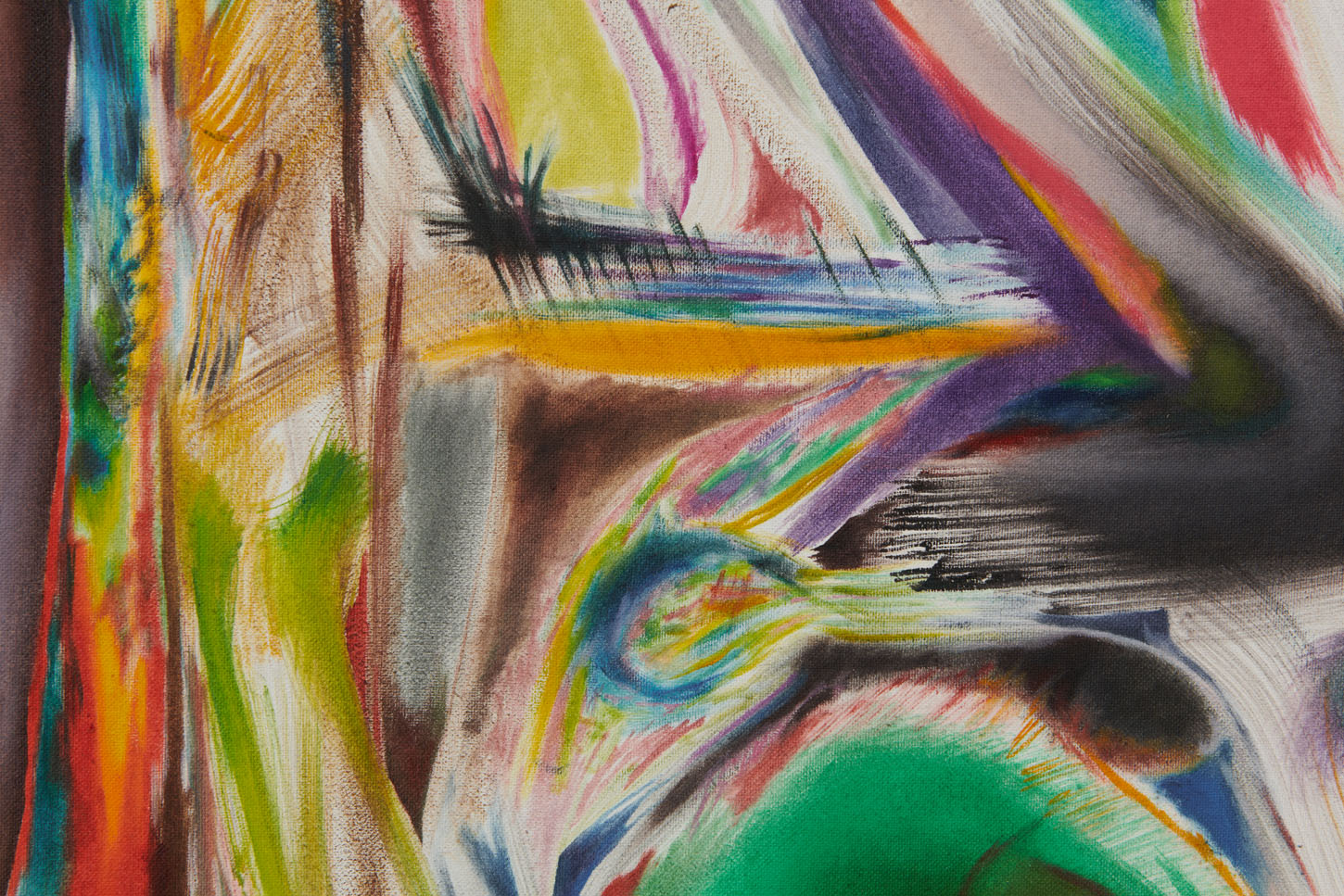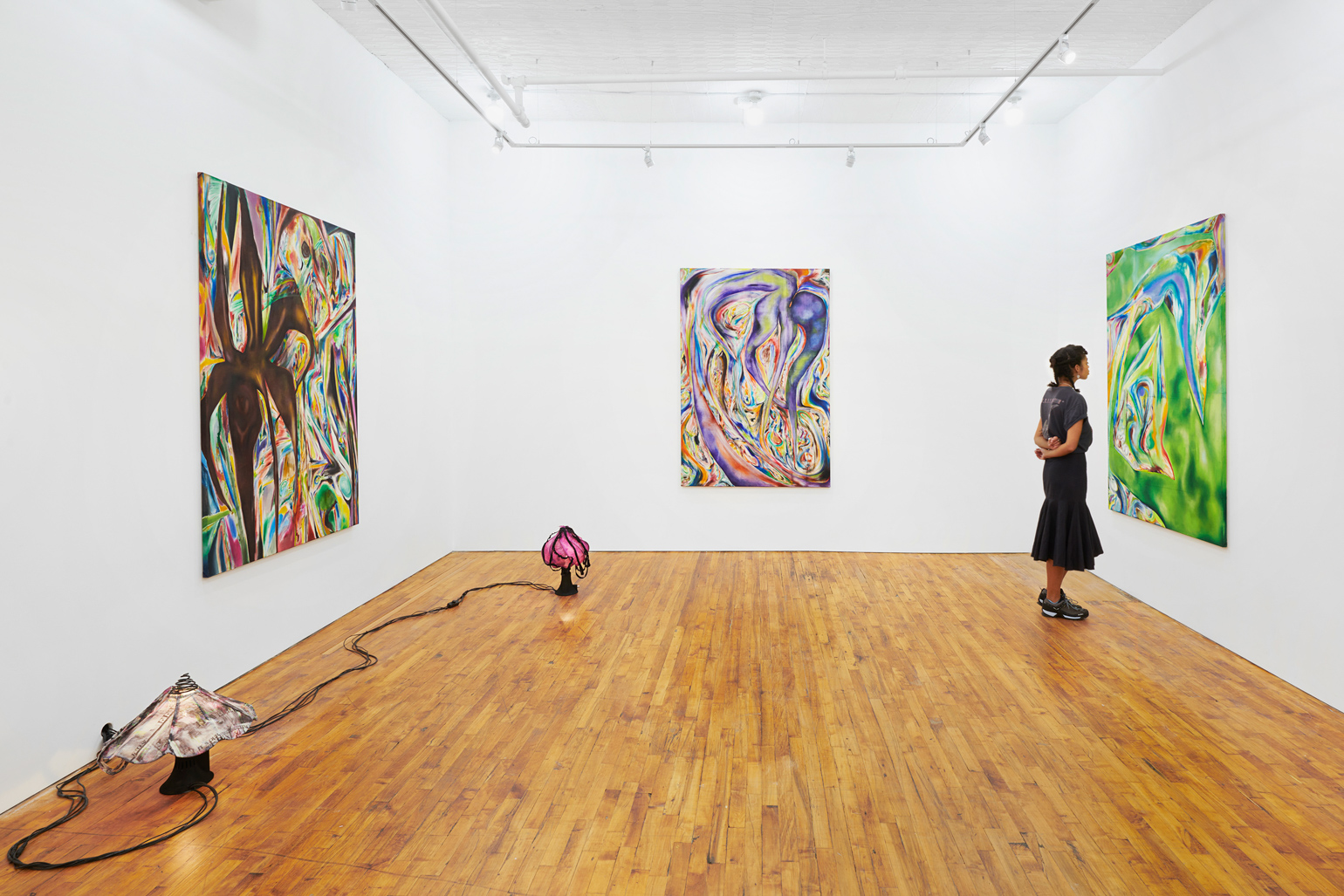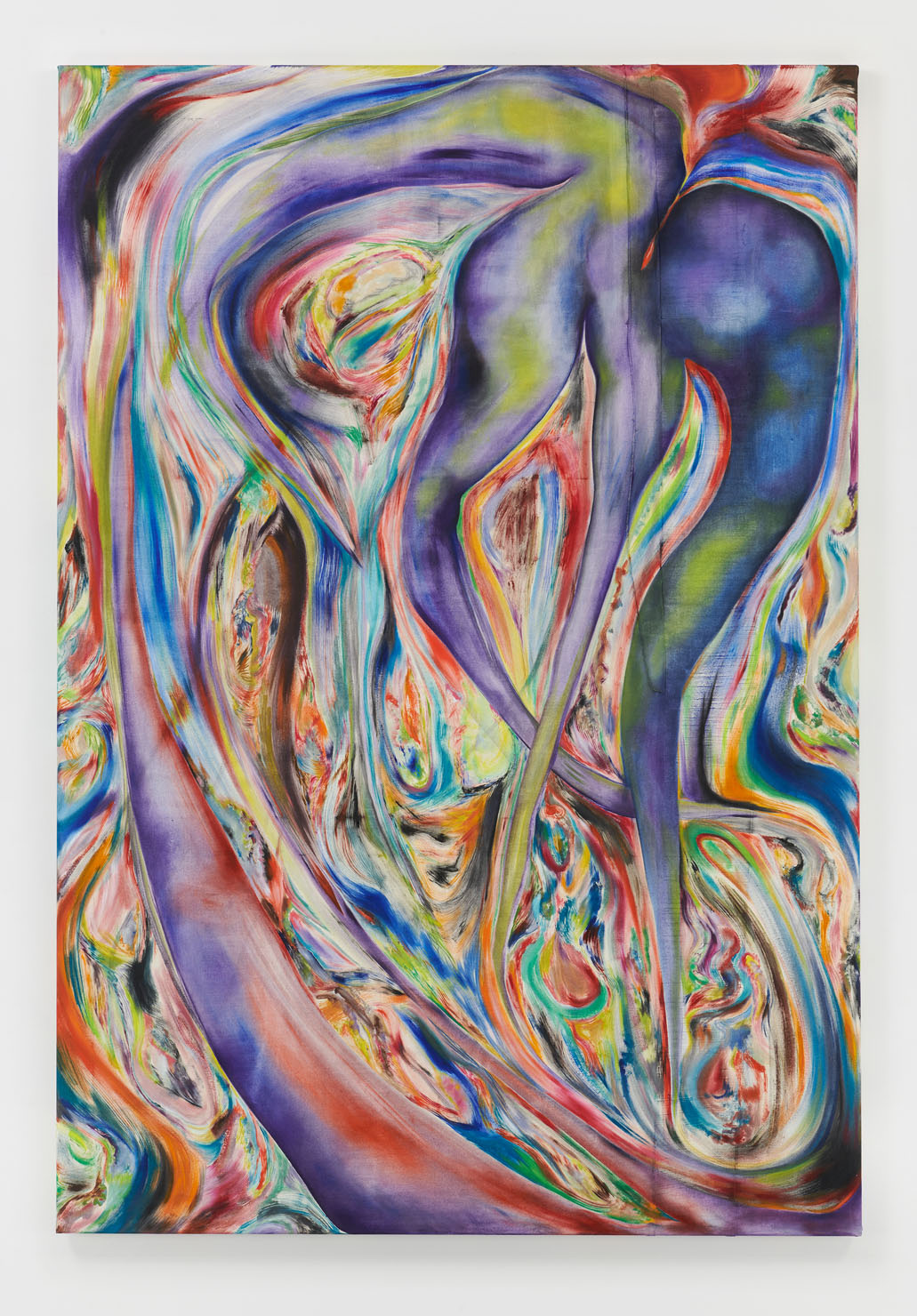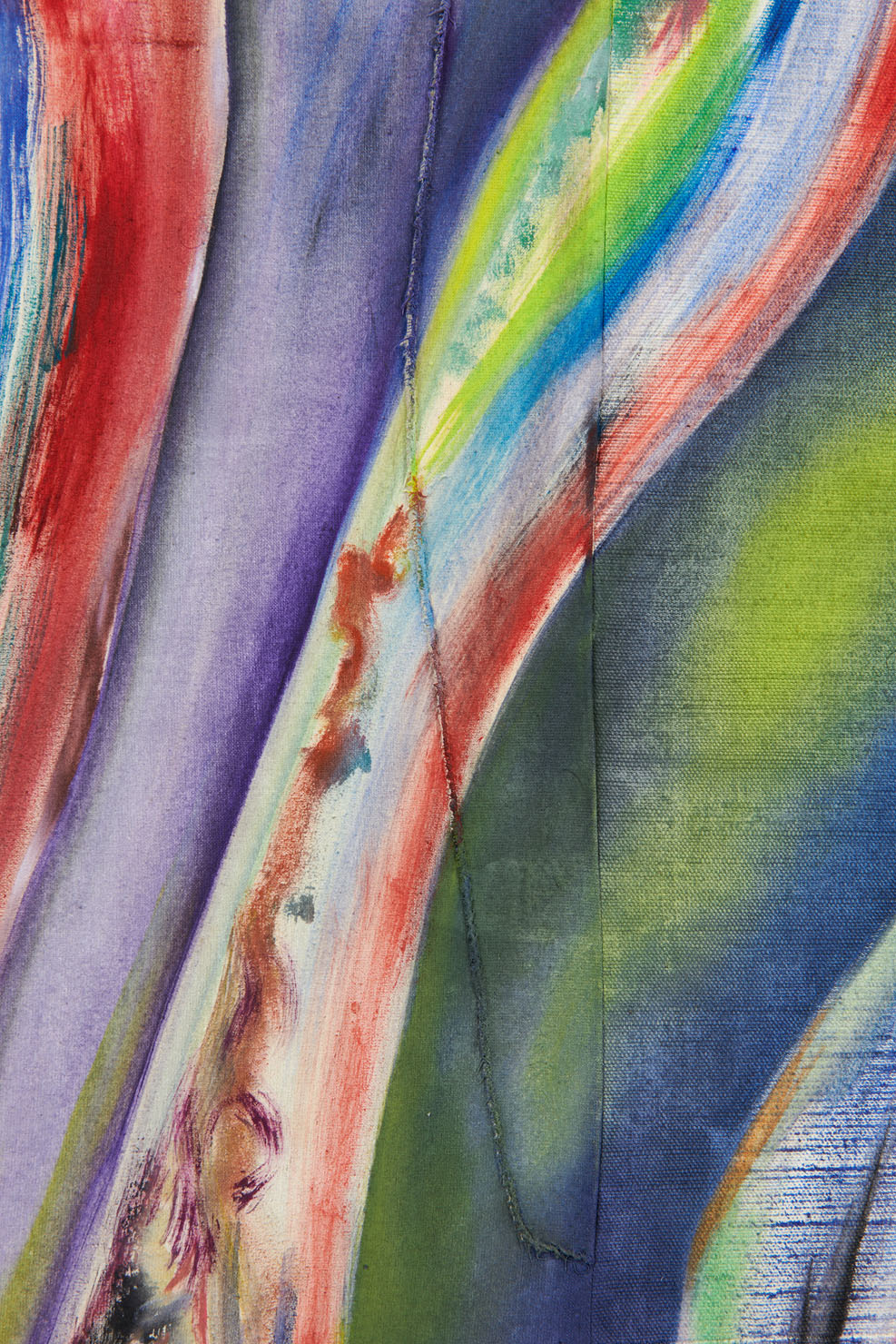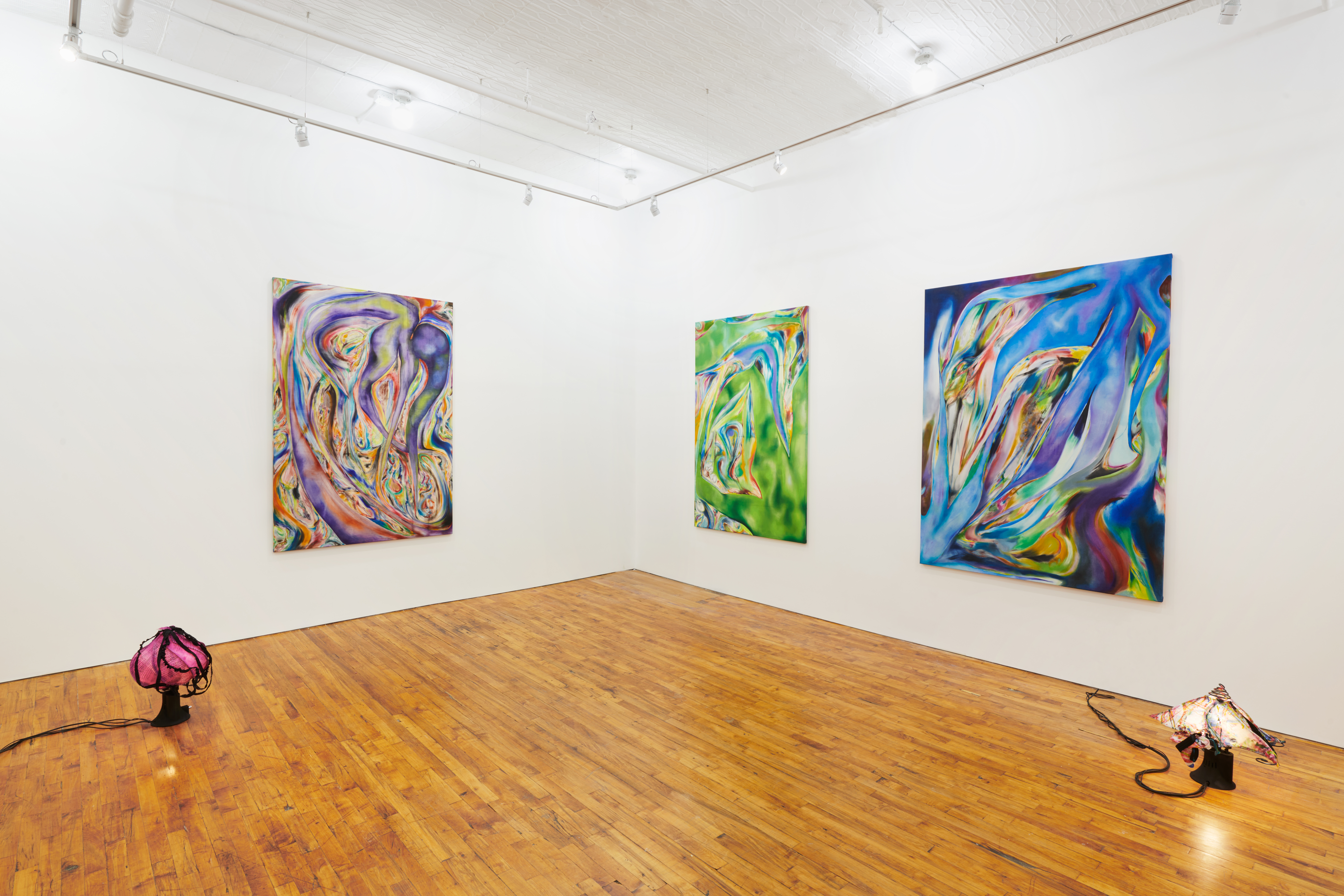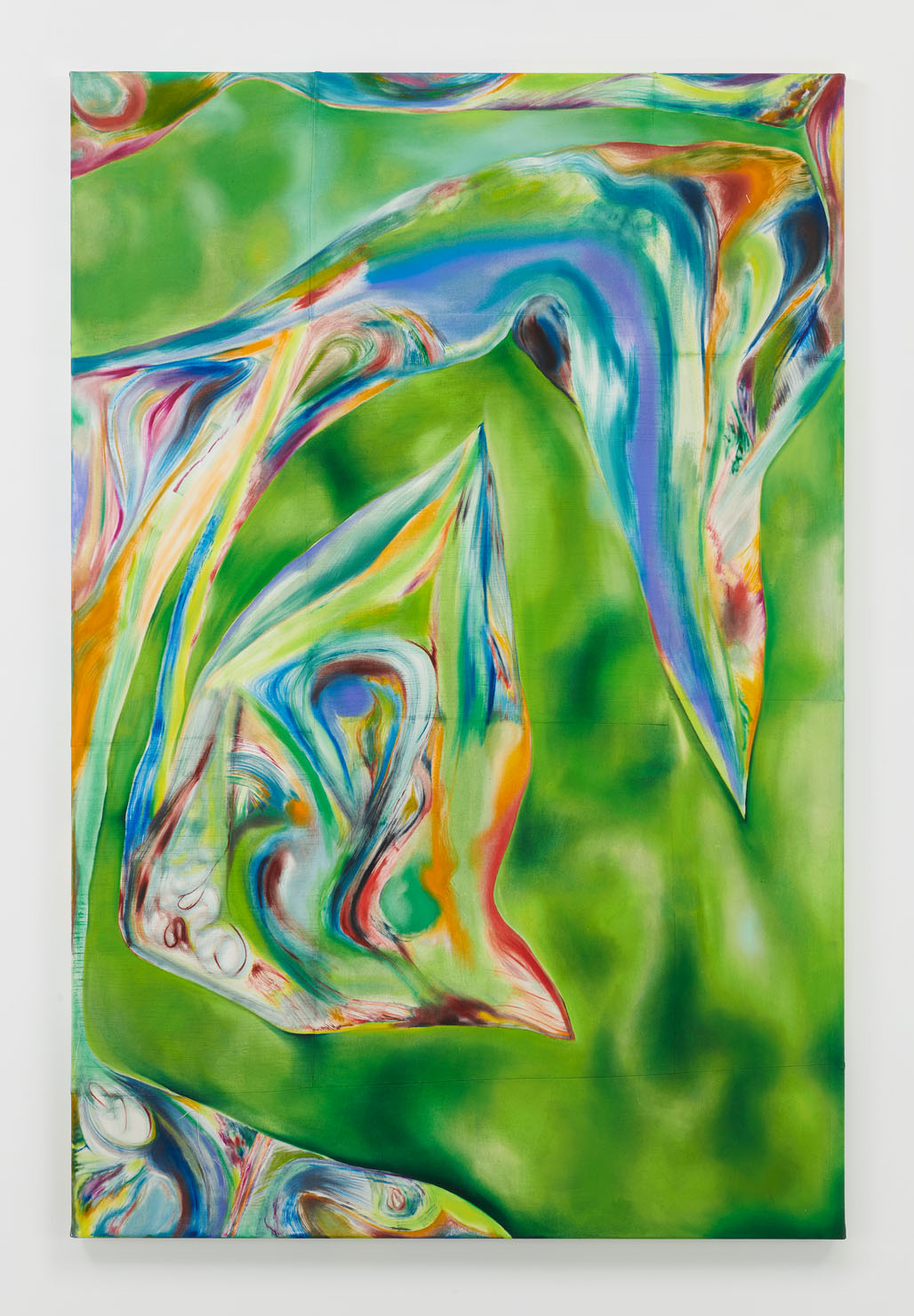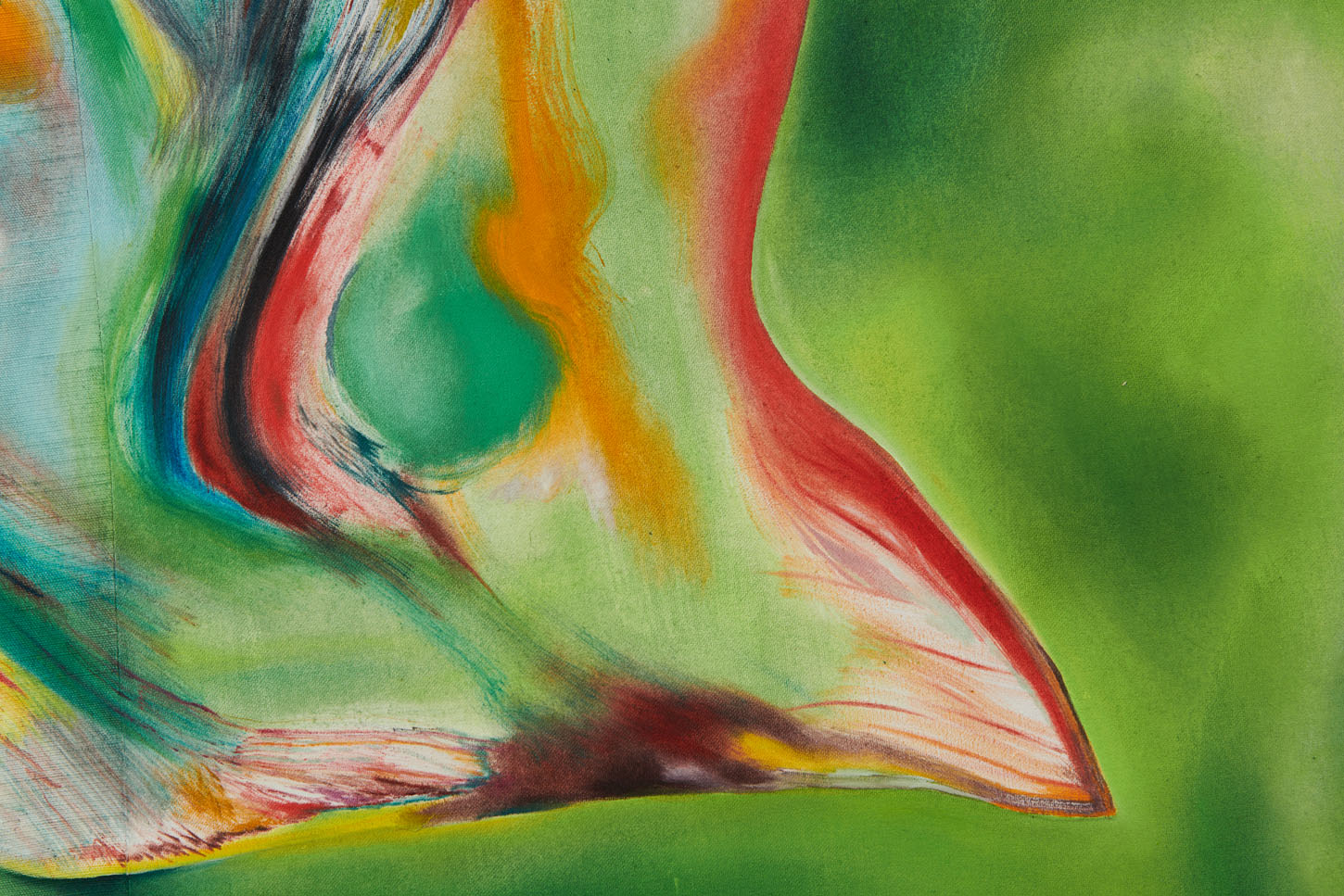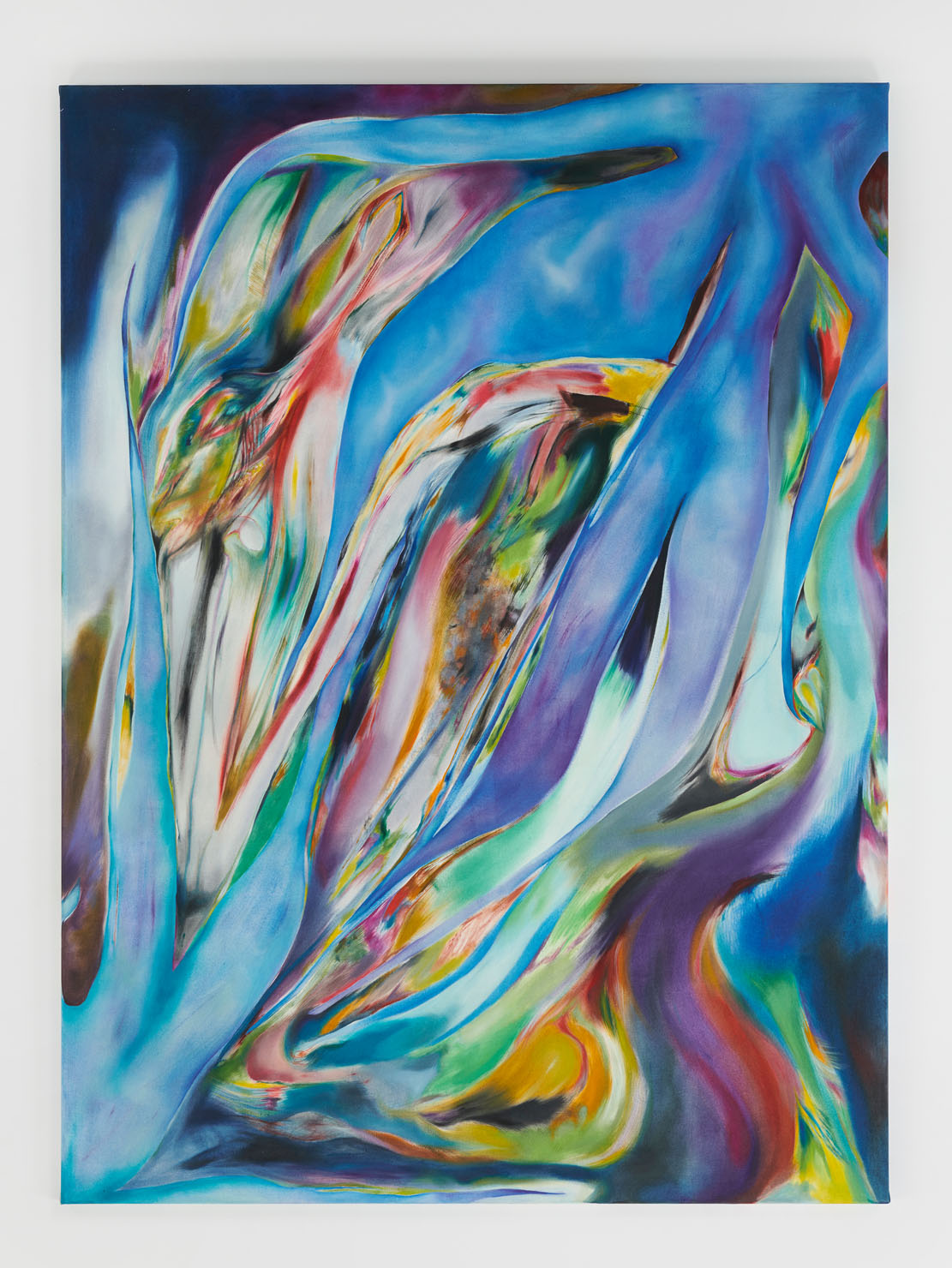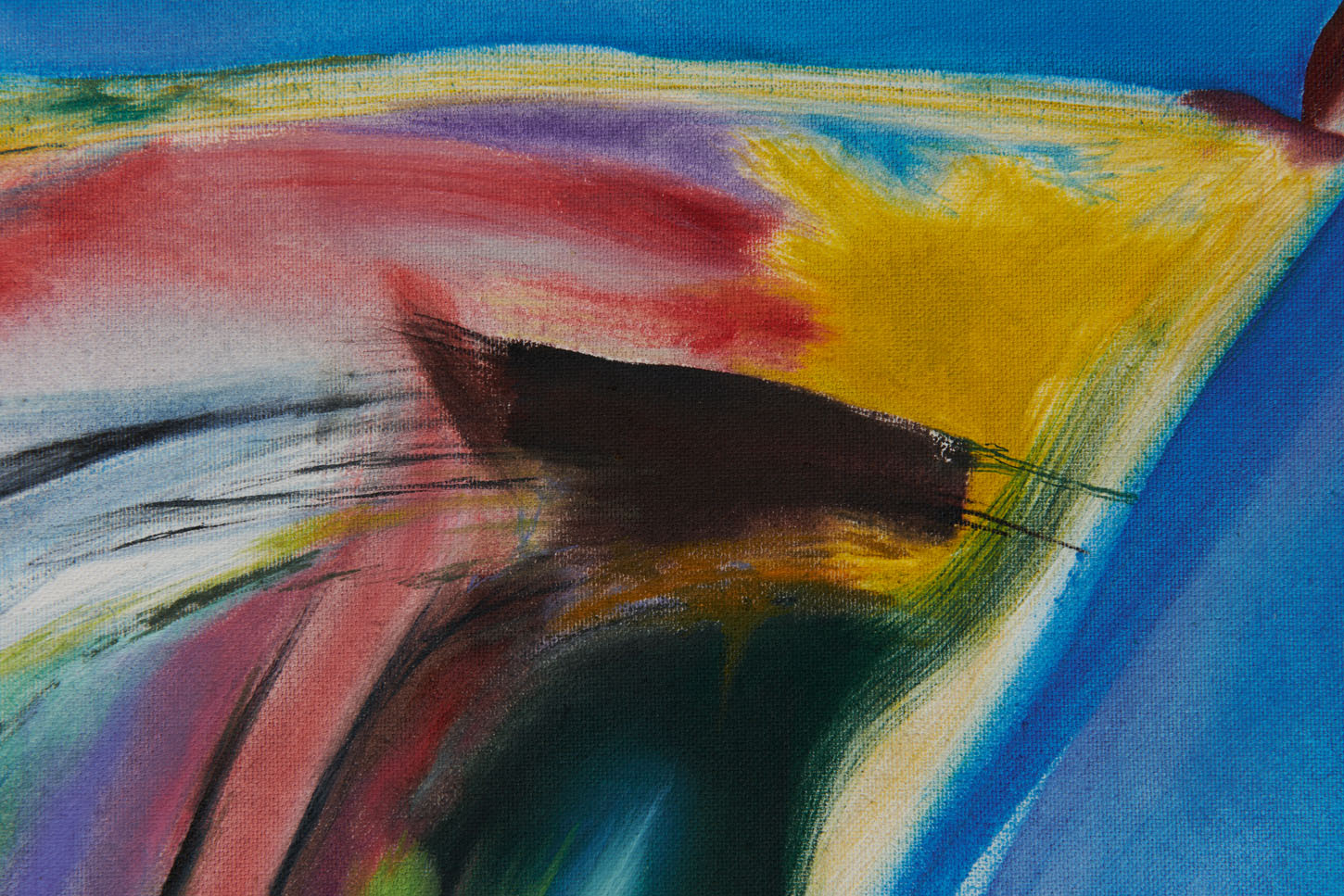She took herself seriously. Motel rooms had lost their punch for her. She opened all her bags. There were two and inside those two, there were two more. It's not an easy situation, but there was something like abandon in the air. There was something like the feeling off the idea of silk scarves in the air. There was a kind of madness to it, the kind we read about in magazines.
One of the bags contained a bottle of liquor, a sure sign of thoughtfulness about who one might have been. She poured herself a small drink in a fluted plastic glass sans ice. She thought to herself, "If I were from the big town, I would be calm and debonair. The big town doesn't send its riffraff out." She sat on the bed, both feet on the floor. She studies the ashtray and tried to rule out preference, preferring over not preferring. But she preferred gravity over one other state, preferring in that case Earth, the Earth, as they say, preferring some state over non-state.
Now she grips herself with determination, even knowing that it causes sadness. She is determined to be what. She is determined to be serious.
She had determined once to be serious. Later, she knew that she had made a mistake. But too late she had arrived, and there were rooms, and all rooms were not the same, Some better than others, she thought. A better view, a better layout, better shower, softer bed. Not so far from noise, more like home. Et cetera, et cetera, very abstract. She lifted the telephone from its cradle. Her determination got stronger, if no clearer, even as she faded in its force. Were it not for our momentum, the inertia of our actions, the constant inspiration of our habits, we could not continue. "The will is almost nothing," she said to herself.” (after Robert Ashley’s “The Park,” 1977)
